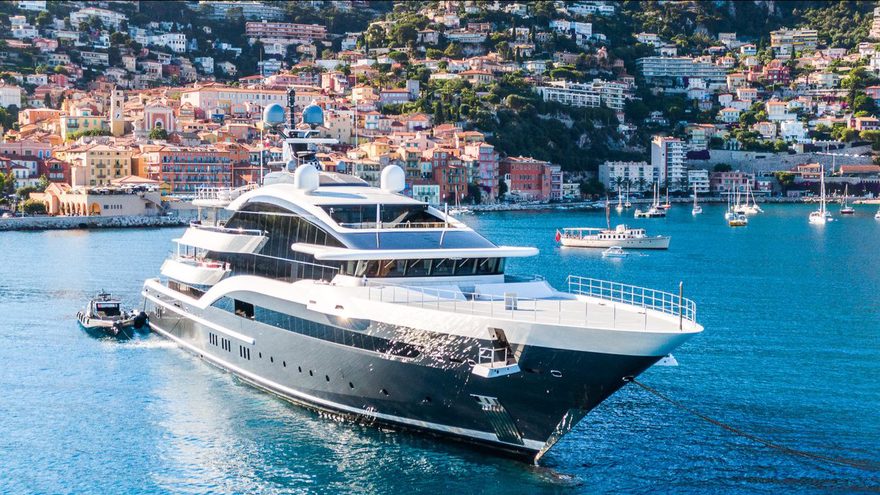
Navigating security, privacy and tax on superyachts; it’s not plain sailing
Picture this: a gleaming lineup of the world’s most luxurious yachts. The sight of these magnificent vessels sparks admiration, however, their owners often seek privacy rather than attention. Owners must navigate an array of complex security, legal, and financial issues to keep their travels discreet and secure.
Privacy & Security Concerns on the Open Seas
The owners of these grand yachts frequently face potential security risks and prioritise discretion over visibility. Even the most carefully mapped routes through seemingly secure waters can carry risks. While high-profile vessels aren’t typical targets, certain regions, like the waters around Morocco known for smuggling activities, can turn dangerous unexpectedly.
To mitigate risks, owners often plan routes with heightened security measures, including continuous communication systems, to stay in touch with authorities. Although some owners attempt to avoid detection by switching off their Automatic Identification System (AIS), experts caution against this. While turning off AIS can evade prying eyes, it makes the yacht invisible to help should trouble arise, and can even result in legal fines in certain jurisdictions.
In addition, securing personal information has become critical. Staff on chartered yachts must be trained to protect guests’ sensitive details, from dietary needs to travel itineraries. Agreements ensuring confidentiality can prevent inadvertent leaks that could lead to paparazzi intrusion or, worse, security threats.
Due Diligence: From Crew to Vessel Purchase
Owners must also ensure that crew members are rigorously vetted to prevent criminal infiltration or data theft. Extensive screening processes are highly recomended, especially for those previously employed by other yacht owners, as they may hold valuable insights into potential security gaps.
For prospective buyers, due diligence doesn’t end with the crew. They must carefully investigate sellers, particularly with sanctions regulations tightening. Yachts have long been associated with money laundering schemes, and those unknowingly purchasing from disreputable sellers could face serious legal repercussions. Typically, brokers manage these checks, but buyers going through private transactions should consider employing investigators to perform thorough background checks.
Financial & Tax Implications
Purchasing and maintaining a yacht is financially complex, with tax obligations varying by jurisdiction. Tax laws can quickly entangle buyers unprepared for the associated legalities, registry requirements, and VAT obligations. EU VAT status, for example, is a common concern for owners who want to avoid hefty taxes. While a VAT-paid status can make free circulation possible in the EU, confirming the yacht’s tax status is critical, as misunderstandings can lead to unexpected liabilities.Structuring the yacht’s ownership and usage in line with local laws is key to enjoying these benefits without facing unexpected VAT charges or legal disputes.
Owning a superyacht is more than just a luxury; it’s an experience that comes with a network of considerations spanning privacy, security, and financial responsibilities. For those navigating this exclusive world, hiring experts to manage logistics, mitigate risks, and ensure a clear legal and tax framework is essential.
Should you require confidential, expert advice, our team are available at your disposal. Contact us at enquiries@priavosecurity.com.
Reference:
https://www.ft.com/content/37b81edb-9f56-4d6a-80a7-50a0aaa1e9a4
